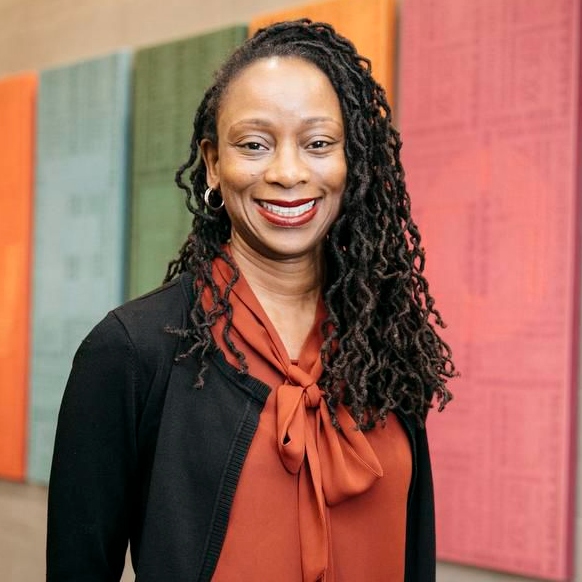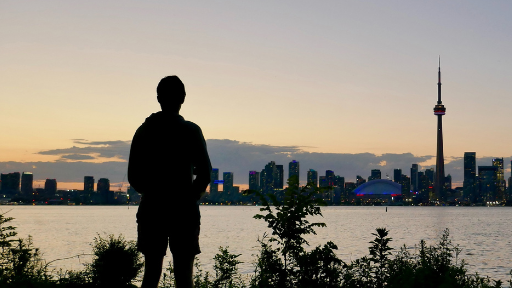We made it!
2020 has felt simultaneously like the longest and shortest year. So many of us anticipated and planned for a year of significant accomplishments, opportunities and growth. We felt that 2020 would be a year of renewal. And then something called the Corona virus (COVID-19) emerged.
This little known virus became a powerful unseen force that turned our lives upside down, forced many to work from home, caused small businesses to struggle to stay afloat as well as children and youth to stop attending in person classes, and people from travelling to and from Canada. We started using words like pivot, social distancing and unprecedented. A mask and hand sanitizer became indispensable items. We learned quickly that essential workers are not only healthcare workers and teachers but also retail workers, transit operators and cleaning staff. Throughout this pandemic, they could not work from home. In fact, essential workers worked longer hours, sometimes away from their family and in difficult circumstances. We also finally acknowledged that while everyone was impacted by COVID-19, those on the margins, working in precarious and low-wage jobs, underhoused or experiencing racism, are affected to a greater extent.
COVID-19 also shined a bright light on the many forms of inequity that have always existed. Suddenly, across Canada, in workplaces, places of worship and among friends, people started having intentional conversations about racism and systemic discrimination and its impact on Indigenous, Black and other racialized people. A band aid was ripped off a long festering wound, resulting in pain and discomfort for so many of us.
Amidst the pain, chaos, uncertainty, fear, loss and difficult conversations, we are seeing some beacons of light. Communities have come together in new ways – to deliver food and supplies to seniors and to check in on neighbours isolated and shut-in. Social service agencies adjusted their programming, setting up workshops by phone and virtually to stay connected to the people they serve. Municipalities led the way in mobilizing residents and community partners to support residents, especially their most vulnerable. People from all walks of life took to the streets to speak out loudly for real change.
During this unpredictable year, we learned that when push comes to shove, we can respond to people’s needs, we can try new ways of doing things, we can implement large programs and remove barriers to accessing them. We learned that the challenges some residents have been experiencing can be addressed if we choose to. We learned that James Baldwin spoke truth when he said “Not everything that is faced can be changed, but nothing can be changed until it is faced.” As we head into 2021, it is my sincere hope that we hang on to the beacons of light and sustain our willingness to face truths that ultimately allow us to recreate the communities, cities, provinces and country we always imagined.
Learn More
- Learn more about Adaoma Patterson
- Learn more about the Board of Directors
- Explore our recent webinar series featuring members of the Tamarack Institute board of directors, on Poverty Reduction, Climate Change, and Leadership & Innovation





